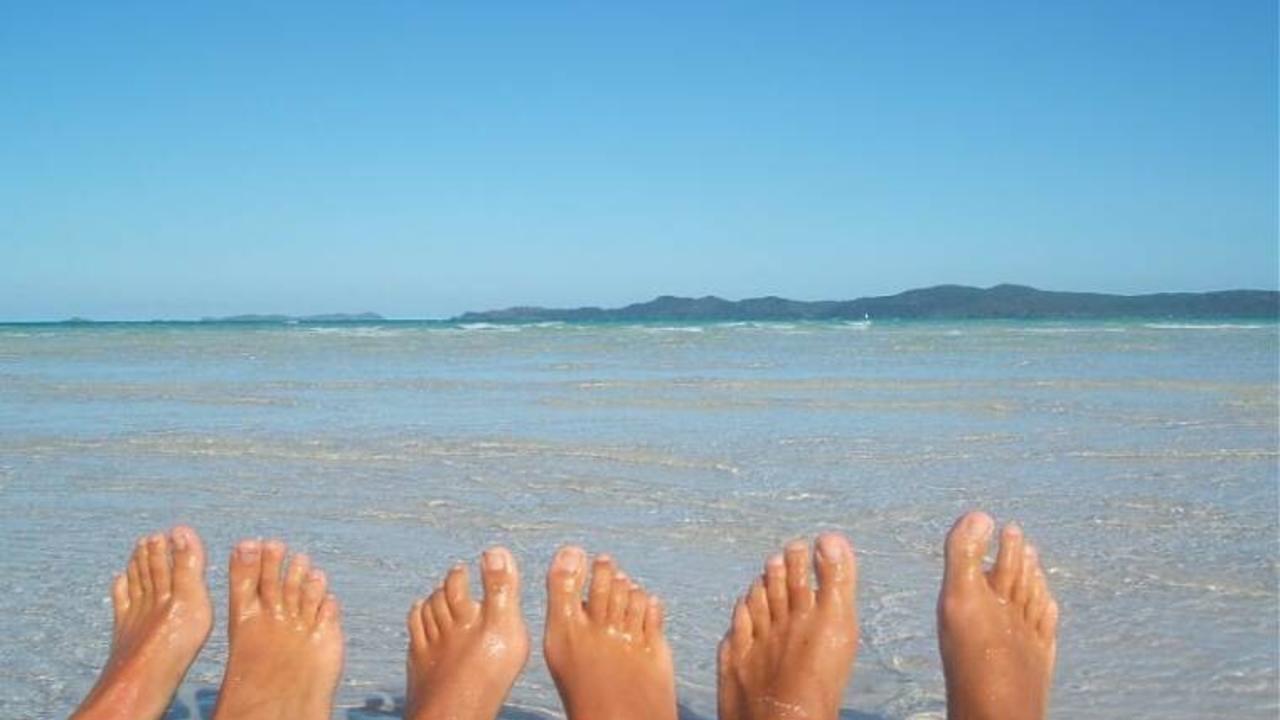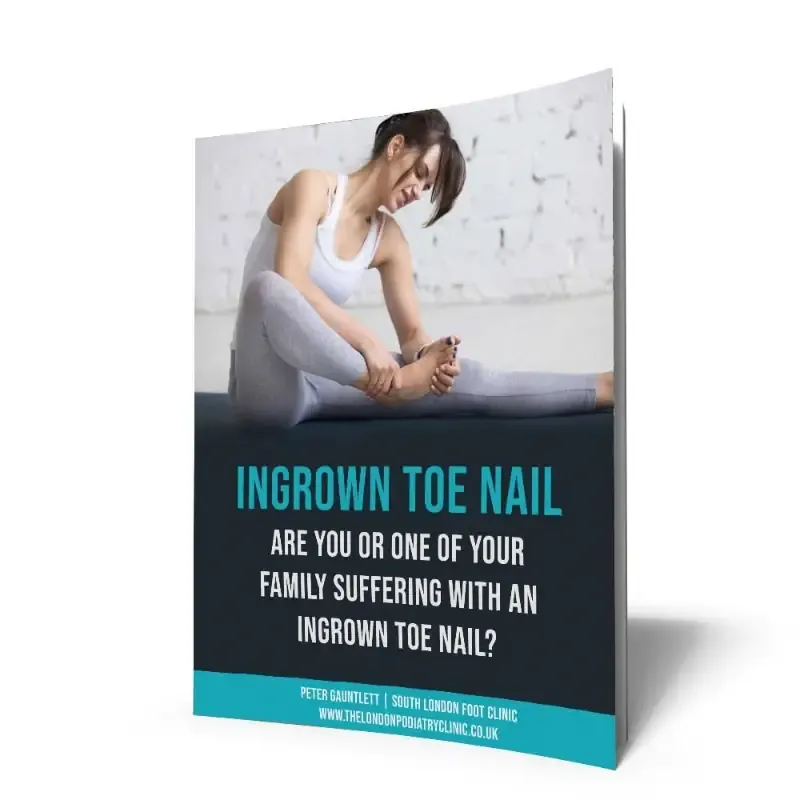Looking After Your Feet In The Summer Months
Jul 26, 2020
Foot Care In The Summer
Having your feet exposed and in sandals take a toll on your feet. Not looking after your feet and legs in the summer months cause all sorts of problems.
From local infections to blisters and foot and ankle pain. In this blog we will be talking about how to look after your feet in the summer.
Looking after your feet during the summer is so important to enjoying yourself and keeping active during these warm summer days. Getting a painful foot can stop you doing all the activities you had planned for your holiday and can make for a miserable time when you least want that.
Foot wear
Flip flops are the most basic type of foot protection and are not recommended when walking any amount of distance. It is very easy to sprain your ankle, stub your toes, or get forefoot pain but also get blisters or friction burns across the top of the foot from simple rubber flip flops.
Walking sandals or a ‘gladiator sandal’, a sandal with adjustable straps across the foot is a better option. If the sole is a little thicker and more built up you will protect the foot from overuse injuries if walking any distance.
Skin protection
We are always busy putting suncream on our arms and legs and often forget our feet!!
Remember to put sun factor on the tops of your feet – this is easily forgotten and bitterly regretted in the evening!! Apply every two hours during the day.
If your prone to getting dry skin and painful cracks in your heels... be prepared and start applying CCS or FLEXITOL foot cream daily.
Feet that get blisters and cuts should be cleaned and a dressing changed every day to stop dust and dirt getting to the exposed underlying skin. If your on the beach and want to go swimming you can apply 'Compeed' a blister plaster.
Calluses and corns: make sure you see your podiatrist before you go, or if you can self treat, use a pumice stone and daily foot cream to reduce hard skin. Cracked heels can often be the result of a fungal infection. See your podiatrist if you do.
Insect bites
Keeping your feet free from insect bites is important. Especially in the evening when you’re wearing sandals, and the weather starts to cool bringing the insects out. An insect repellent is advisable, preferably not containing DEET (toxic and also stains clothes . Itching these later can cause breaks in the skin and is a potential source for infection.
Swelling of the Legs
Being in hotter climates causes the blood vessels to dilate. This is to help cool your body. However this can make your legs and feet swell, especially if you have a heart or kidney condition or you are pregnant.
Below are some points to consider if this applies to you
- Soak your feet in Epsom Salt daily
- Elevate your feet when your resting
- Magnesium and B6 can help (speak to your doctor first before taking)
- Reduce salt intake in your food
- Wear compression stockings. Even simple flight socks from the pharmacy can add that little bit of compression to stop your feet and legs from swelling
- Massage and movement – both help for swelling. Gentle exercises help to reduce swelling

